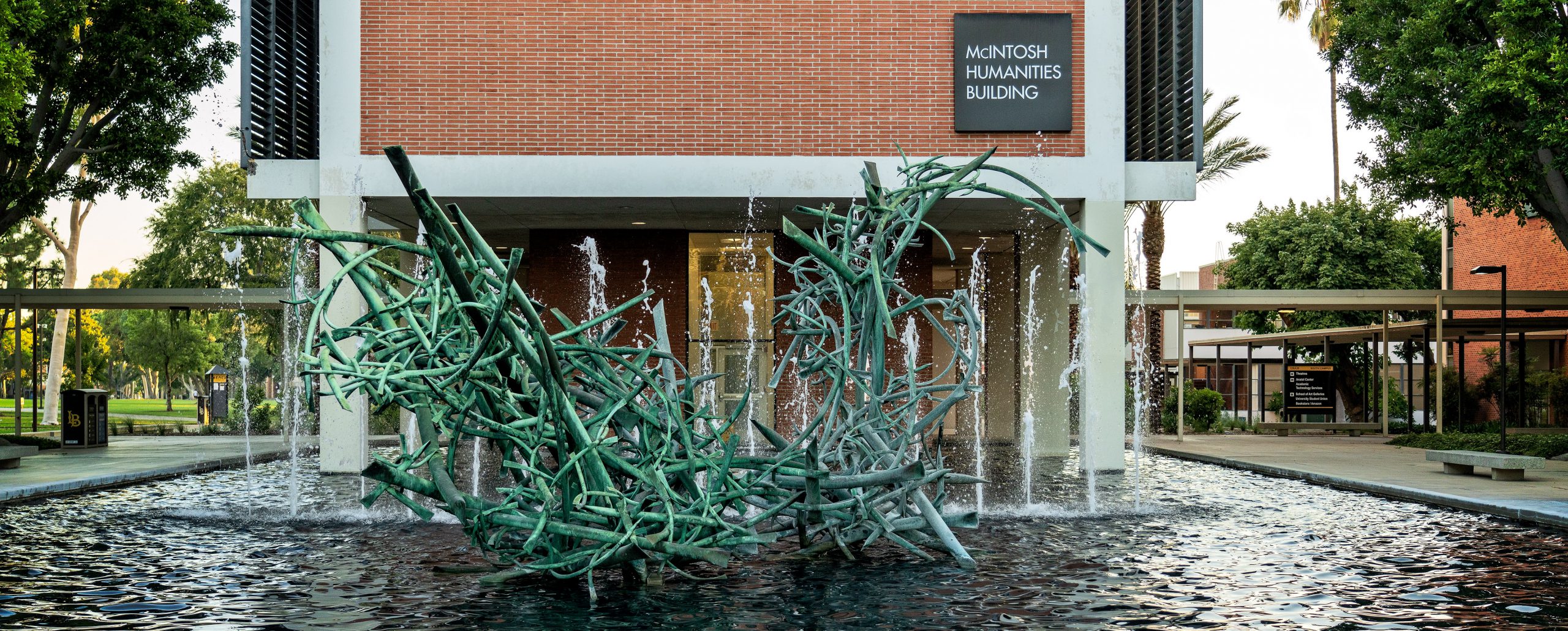Educational aid for prisoners works. Yet it’s politically precarious.
September 16, 2022Educational aid for prisoners works. Yet it’s politically precarious. – The Washington Post (Link to Full PDF)
Perspective by
Adrian Cox
and
Kate L. Flach
August 23, 2022 at 6:00 a.m. EDT
A new proposal from the Education Department has approved extending federal Pell Grant eligibility to prisoners beginning in 2023.. The proposal to codify Pell Grant eligibility came from numerous studies and experiments in the past decade indicating that inmates who receive degrees while incarcerated are better prepared to reenter society. They are also less likely to reoffend and return to prison.
The recent Pell Grant proposal is not the first time the government has turned to federal student aid and higher education to address the problem of recidivism — the rate at which a convicted person, after being released, would return to prison. President Lyndon B. Johnson first provided such aid in the 1960s. Yet despite decades of effectiveness, prisoner access to Pell Grant aid was revoked in the 1994 Crime Bill. At that time, politicians in both major parties portrayed the aid as handout to the “undeserving” to galvanize support for other small government “tough on crime” policies, and they succeeded. A look back at this history shows how the survival of federal aid programs for educating inmates has always depended more on public opinion than on the actual success of these programs, which have proved extremely effective.
